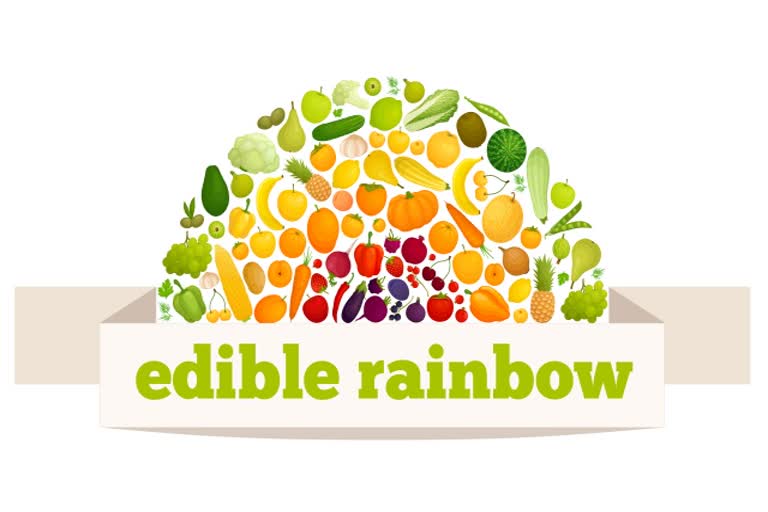The United Nations Food and Agriculture Organization (FAO) has designated 2021 as a special year to recognize the health and economic benefits of fruit and vegetable consumption.
A Rainbow diet consists of all color fruits and vegetables from blueberries to red pepper to green apples to cauliflower, one should consume all the fruits and vegetables for better health.
- Consuming the right amount of fresh fruits and vegetables contributes to healthy growth in children, improved immunity, better mental health, and longer lives.
- Scientists say that access to fresh fruits and vegetables can help protect against non-communicable diseases, like cancer, diabetes, and cardiovascular disease. Collectively, non-communicable diseases are the leading cause of death worldwide. They could cost the global economy $47 trillion by 2030.
- On average, we only eat about two-thirds of the recommended minimum amount of fruits and vegetables. In sub-Saharan Africa, that level drops considerably, with nearly 70% of those aged 50 and over failing to consume sufficient quantities in South Africa and just 5.5% of the same group doing so in Nigeria.
Let’s look at different colors that add value to our daily meal:
According to FAO (2003), the color of fruits and vegetables is linked to the nutrients and phytochemicals they contain.
1. How Purple and Blue Color fruits and vegetables add value?
Vegetables like beetroot, red cabbage, brinjal, and fruits like blackberry, blueberry, Jamun, purple grape, plum, and passion fruit have antioxidant properties that reduce the risk of cancer, stroke, and heart disease.
2. The importance of Red Color fruit and vegetable in our diet
Red vegetables like red capsicum, radish, red Chilly and Tomato, and fruits like Apple, Cherry, Red Guava, Strawberry, Lychee, and Watermelon can help lower cancer risk improve heart health.
3. Orange and Yellow fruit and vegetables on our plate
Orange and yellow vegetables like carrot, pumpkins, guards, and fruits like apricot, oranges, Peach, Mango, Lemon, Papaya, Musk melon, Pineapple contain carotenoids that help keep eyes healthy.
4. Brown and White Fruit and Vegetable
Vegetables like Cauliflower, white radish, garlic, ginger, yam, potato, colocasia, and fruits like banana, jack fruit, white peach, brown pear, are packed with phytochemicals that have antiviral and antibacterial properties and are a rich source of potassium.
5. Green Vegetables and fruits for hair, skin, and eyes
Eat Spinach for good eyes, okra for mathematics so many anecdotes are associated with green vegetables like, leafy vegetables spinach, fenugreek, Bathua or Wild Spinach, Mustard leaves, Amaranthus leaves, Okra or Ladies’ Finger, cabbage, capsicum, peas, coccinea, Cucumber, Parvel or Pointed Guard, Lauki or Bottle Guard, Ridge Guard, Lettuce and fruits like green apple, avocado, grapes, kiwi fruit, sweet lime all are known to be a superfood, which is good for hair, skin, and eyes. The phytochemicals in these vegetables and fruits help in fighting cancer.
Rainbow Color fruits and vegetables are power-packed with vitamins, nutrients antioxidants, and with fewer calories. These fruits and vegetables are best for Heart problems, vision, hypertension, and other diseases. So include one of these on daily basis on your platter for a healthy you.



